Texas 'heartbeat act' part of wave of red-state laws encouraging vigilantes: Experts
"It's not just about abortion," said a legal scholar.
Texas' recent effective ban on almost all abortions was not only controversial but unusual as well, containing a provision incentivizing people to report violators, even if they are not directly connected to the procedure.
Some are already trying to test the law, with former lawyers from out of state suing a doctor who defied the ban. Both have said that they are not anti-abortion and want the courts to weigh in on the law's validity. A sum of at least $10,000 is at stake for those who bring successful legal action.
The Texas law is just the latest and most prominent in a red-state wave of legislation being proposed or enacted deputizing and financially motivating everyday citizens to help enforce laws, even in cases where they can claim no damages, a usual barrier for legal action.
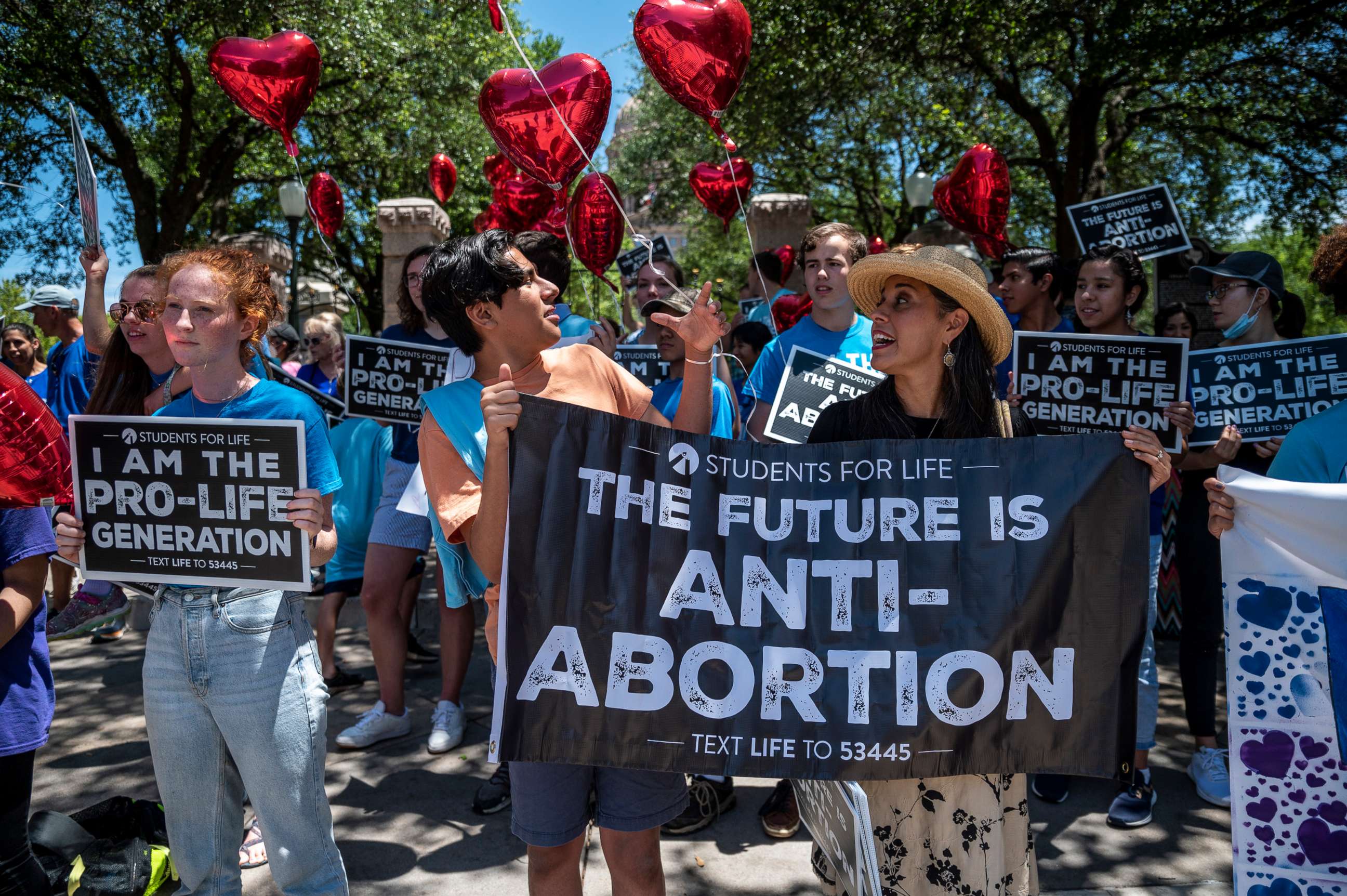
And unlike whistleblower laws, for instance, experts say this type of legislation is designed to suppress the constitutionally protected rights of others. Some proponents say that they are a hedge against the encroachment of liberal policymakers.
In Tennessee, students and parents can sue school districts that violate a law approved this year by Republican Gov. Bill Lee banning transgender students from using communal public restrooms of the sex with which they identify. In Florida, students and parents can drag public school officials and coaches to civil court for letting transgender girls compete on female sports teams under a law approved by Republican Gov. Ron DeSantis.
"It's not just about abortion. It's about all these other spaces of controlling a person's reproductive health, their well-being and constraining them to a particular point of view which is not consistent with the United States Constitution," Michele Bratcher Goodwin, the chancellor's law professor at the University of California, Irvine, told ABC News. "It's more aligned with the kind of orthodoxy we have not seen in terms of religion since the Salem Witch Trials."
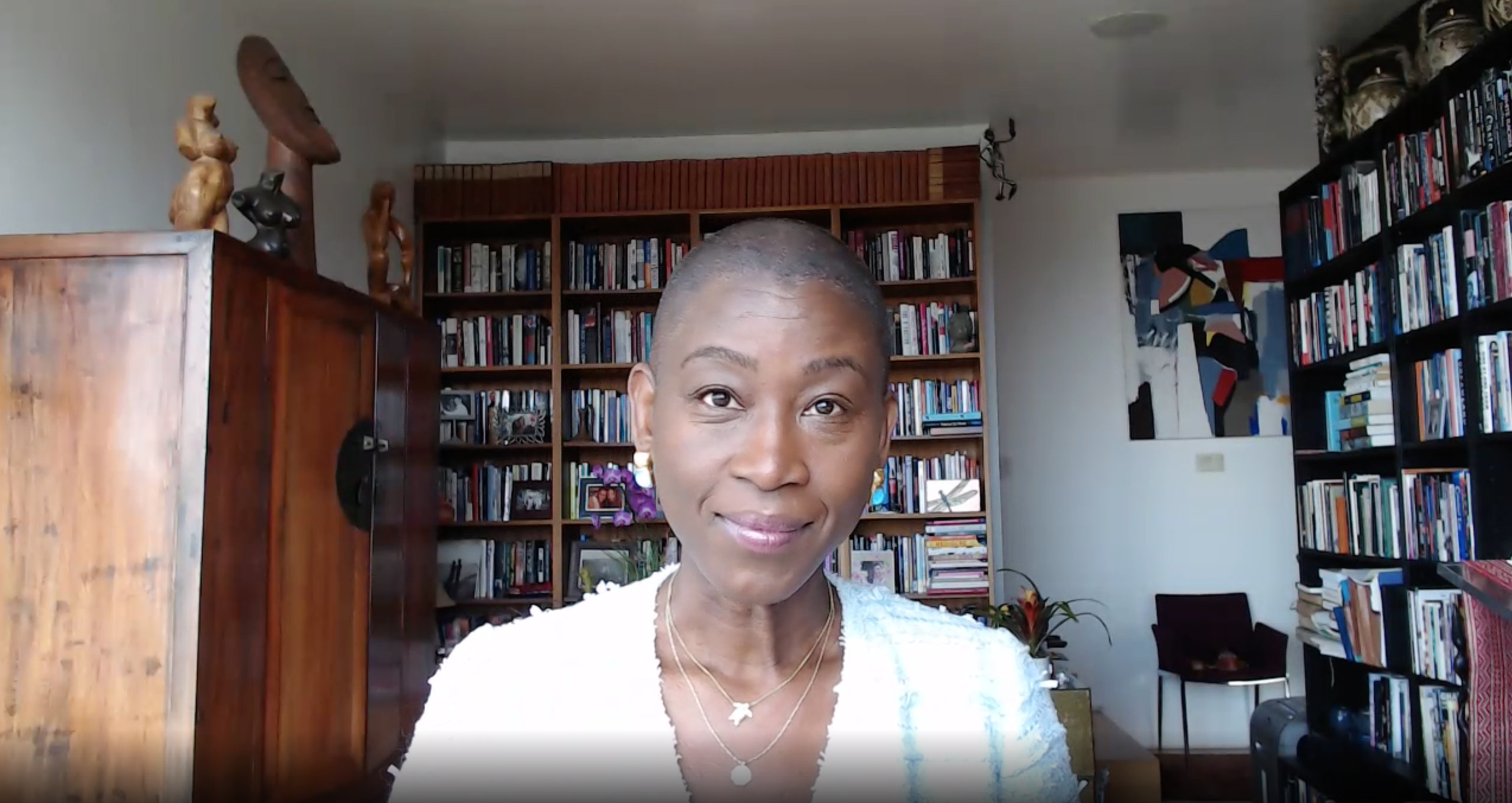
The Human Rights Campaign, a national LGBTQ civil rights organization, said more than 100 bills have been proposed or enacted in 33 states in 2021 alone that are designed to curb the rights of transgender people, the most tallied in the 15 years the organization has been keeping track of such legislation.
No private citizens appear to have yet filed litigation to enforce the transgender laws that the Human Rights Watch Campaign argues discriminate on the basis of sex in federally funded education programs and violates the equal protection and due process clauses of the U.S. Constitution.
Lawmakers in several states where Republicans control legislatures, including Arkansas, Idaho, South Dakota and Indiana -- have publicly expressed an interest in using Texas' so-called "heartbeat act" as a model for legislation.
A Florida GOP state representative became the first to introduce a copycat bill last week."
$10,000 'bounty'
Ryan Bomberger, the co-founder of The Radiance Foundation, an anti-abortion faith-based nonprofit group, told ABC News that laws being passed in states where Republicans hold political sway are empowering parents like him to fight back against what they see as liberal values that have been foisted on them for decades.

"The Texas heartbeat act is a democratically passed law. Civilians being able to enforce a law is not new. It happens in a lot of different cases. That's why people can bring a civil suit in a wrongful-murder situation for instance," he added.
Rutgers University Law School professor David Noll told ABC News that the new breed of laws deploys somewhat similar mechanisms enabling private citizens to enforce legislation like the Clean Air Act and the Clean Water Act, laws enacted in the 1970s to protect people and private property against environmental damage. But he said those laws were intended to operate as a check on the government's enforcement or its failure to enforce the laws, and require litigants to show damages.
"That’s not at all analogous to what’s happening in these new laws," Noll said. "These new laws are saying it’s private enforcement and private enforcement only."
Noll and Jon Michaels, a law professor at UCLA, have been tracking what they call "rights-suppressing laws" that have been sweeping red states. In an essay published last month in the New York Times, Noll and Michaels argued that the laws are deputizing private individuals to wage a "seemingly endless battle to deny disfavored groups equal citizenship."

"They’ve inverted private enforcement laws -- marshaled over the years to discipline fraudulent government contractors, racist or sexist bosses and toxic polluters -- to enable individuals to suppress the rights of their neighbors, classmates and colleagues," Noll and Michaels wrote.
In an interview with ABC News, Noll said he expects red-state lawmakers to continue to push the envelope of what he described as legalized vigilantism. He said it wouldn't be surprising if soon private individuals will be empowered to bring state lawsuits in other rights-suppressing situations such as handing out water to minority voters waiting in lines at the polls or suing landlords who house undocumented people.
"What’s unifying these laws is the fact that they're empowering private parties to litigate really moral objections to the way that other people are living their lives," Noll said. "They’re fomenting grievances, they're fomenting social division. These laws are about suppressing the rights of other people. That’s the thread that we see running through these laws."
'Unprecedented'
The law that has made the biggest waves recently is Texas' so-called "heartbeat act" prohibiting abortions as early as six weeks into a pregnancy even in cases where conception resulted from rape, sexual assault or incest. The law outlines a legal mechanism of relying on private citizens filing lawsuits to enforce it, as opposed to state officials or law enforcement.
The law not only allows private individuals to sue doctors they allege are providing abortions but also healthcare workers who assist and anyone else who aids and abets in the process, including Uber drivers who take passengers to appointments to get abortions.
The Texas law also provides what opponents describe as a "bounty" of at least $10,000, plus legal fees, to anyone who is successful in enforcing the law through the courts, creating a chilling effect on abortion providers who have suddenly stopped offering services.
The novel legal maneuver makes the law hard to strike down in court because it's designed to "insulate the state from responsibility for implementing and enforcing the regulatory regime," Chief Justice John Roberts wrote in a dissenting opinion in a narrow Supreme Court 5-4 ruling on Sept. 1. The ruling denied an emergency appeal from abortion providers and others that sought to block enforcement of the Texas law. Roberts said the law's enforcement mechanism was "not only unusual but unprecedented."
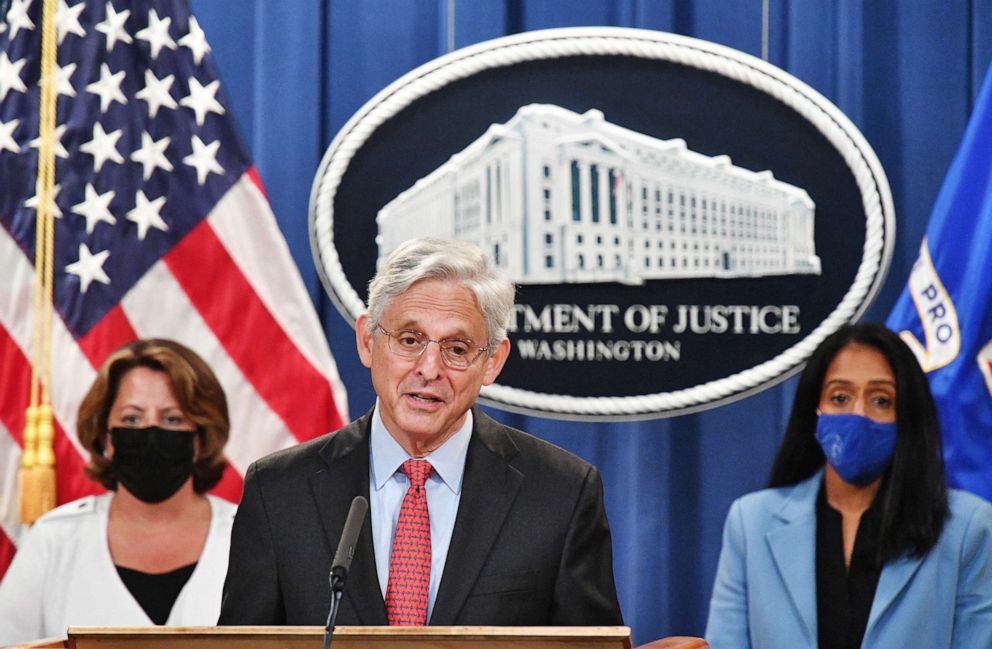
U.S. Attorney General Merrick Garland responded by filing a federal lawsuit against Texas seeking a permanent injunction against the law, calling it "clearly unconstitutional under long-standing Supreme Court precedent."
"The obvious and expressly acknowledged intention of this statutory scheme is to prevent women from exercising their Constitutional rights by thwarting judicial review for as long as possible," Garland said at a Sept. 9 news conference. "This kind of scheme to nullify the Constitution of the United States is one that all Americans, whatever their politics or party, should fear."
He warned that if the law prevails, it could "become a model for action in other areas by other states and with respect to other constitutional rights and judicial precedent."
Texas Gov. Greg Abbott, who signed the bill into law in May, is confident the courts will uphold the law, according to a spokesperson for the governor.
"The most precious freedom is life itself. Texas passed a law that ensures that the life of every child with a heartbeat will be spared from the ravages of abortion," Renae Eze, Abbott's spokesperson, said in a statement.
'Deeply constitutional' or 'incredibly punitive'
For Bomberger, the debate over the Texas law is deeply personal and goes to the heart of the Constitution.
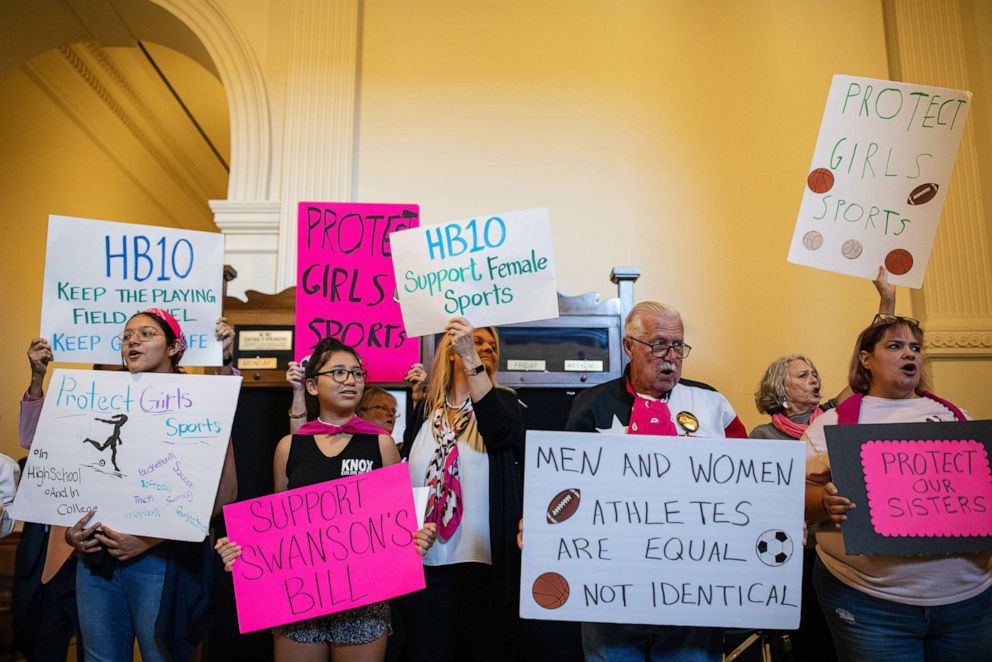
"The preamble of the Constitution says the reason why we do all these things is to secure the blessing of liberty for whom? For ourselves and our posterity, those yet to be born," Bomberger told ABC News. "So, it’s deeply constitutional to protect our posterity."
Bomberger said he was conceived as a result of rape and praised his birth mother who "courageously not only gave me the gift of life but gave me the incredible gift of adoption."
"That same heart and that same mentality, that world view, continues and that’s why we’re in this fight. We’re fighting against a judiciary that in essence legalized commercial killing of the unborn," Bomberger said.
On the other hand, Goodwin -- author of a book published last year titled "Policing The Womb: Invisible Women and the Criminalization of Motherhood" -- said the Texas abortion law is "incredibly punitive for anybody who has a uterus."
She said it is disproportionately harmful to the health of poor Black and Hispanic women who may not be able to afford to travel out of state to seek an abortion or other medical care groups such as Planned Parenthood provides like contraceptive care, prenatal and postnatal care, and screenings for breast, cervical and ovarian cancer.

Goodwin also told ABC News she believes that the law has "eerie similarities" to the Fugitive Slave laws and Jim Crow laws of the 1800s, which were passed by state legislatures and upheld by the U.S. Supreme Court.
"What they provided for was that random individuals could go hunt, surveil, stalk, spy on, and capture Black people who were seeking to be free. It provided incentivized financial rewards for individuals who were successful in doing this," Goodwin said.
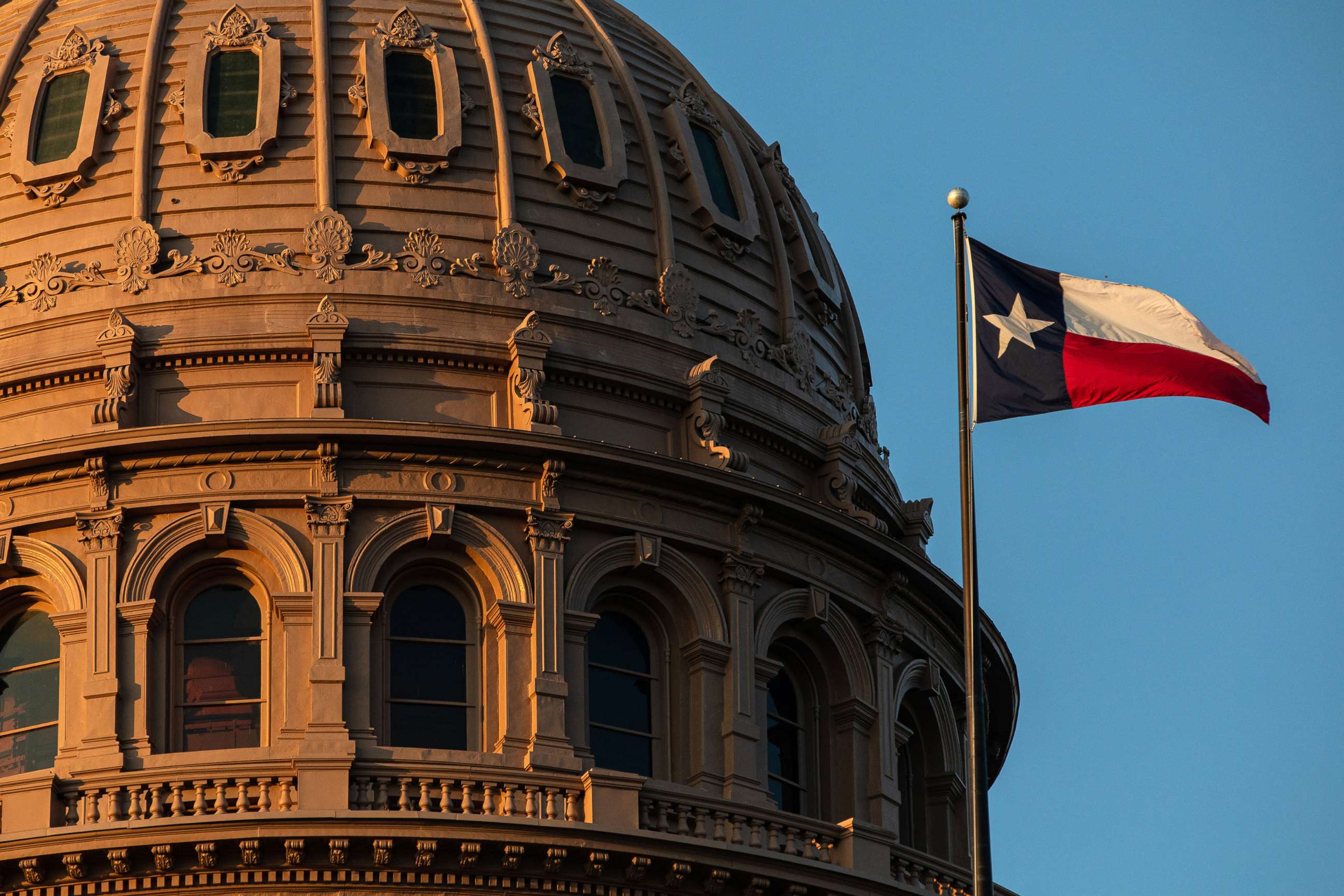
"Where are we now? In Texas, there is a law that has been passed that provides bounty just like the Fugitive Slave Act did. It incentivizes, it legalizes individuals spying on their neighbors, tracking their neighbors, reporting their neighbors, and taking them to the court of their choice, again, like the Fugitive Slave Act, making it easy for the bounty hunters."
Bomberger, who is African American, agreed with Goodwin's analogy, but for an entirely different reason.
“There are no two cases in American jurisprudence that are any closer than Dred Scott and Roe v. Wade, where you had the Supreme Court rule that certain human beings of my complexion were less than human, therefore they could be sold, traded, killed," Bomberger said.
"The same decision, 7 to 2, in a later Supreme Court in Roe v. Wade said, ‘Yes, this group of human beings, well they’re not really humans and we can do whatever we want with them.'"




